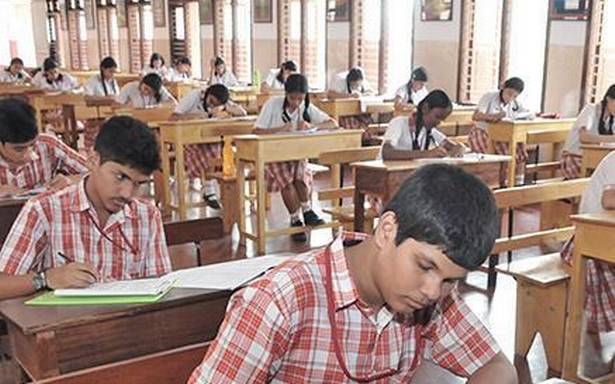A video explainer on the cancellation and postponing of Class X and Class XII examinations across Boards in India
Faced with a massive surge in COVID-19 cases, the Central government cancelled the CBSEs Class X examination and postponed the Class XII examination. The ICSE and ISC examinations have also been postponed.
The International Baccalaureate and several State Boards have taken similar decisions.
Students are now left wondering about the nature of formative academic assessment that will be applied to their Class X performance during the year gone by, which was marked by a shift to online classes and TV-based instruction.
For many, it was a total lack of access without electricity, connectivity, computers and smartphones.
The National Education Policy 2020 emphasises formative assessment for learning and the challenge now is to take up these assessments where pen-and-pencil annual examinations cannot be held.
Formative assessments are continuous evaluation techniques that are ‘testing for learning,’ which help teachers assess the strengths and weaknesses of individual students and suggest remedial measures.
According to UNESCO, the key aspects of this pattern are use of observation, quizzes, assignments and feedback.
The Boards must now come up with a formative assessment framework that fixes clear metrics.
The question of schools’ capabilities to conduct sound formative assessments has become important because not all have similar facilities.
While CBSE schools may be more urbanised, the picture for other Boards is mixed.
The Unified District Information System for Education data shows that in 2017-18, there were 1,88,742 rural schools and 83,207 urban schools under all managements.
Data from the National Sample Survey for the same year indicate that only 4% of rural households and 23% of urban households had a computer.
Internet access was restricted to 15% of rural and 42% of urban households.
Future reforms would have to work on two fronts — to ensure access to learning for every student, in classrooms or remotely, and make formative assessment possible through a scientifically designed set of metrics.
Source: Read Full Article

